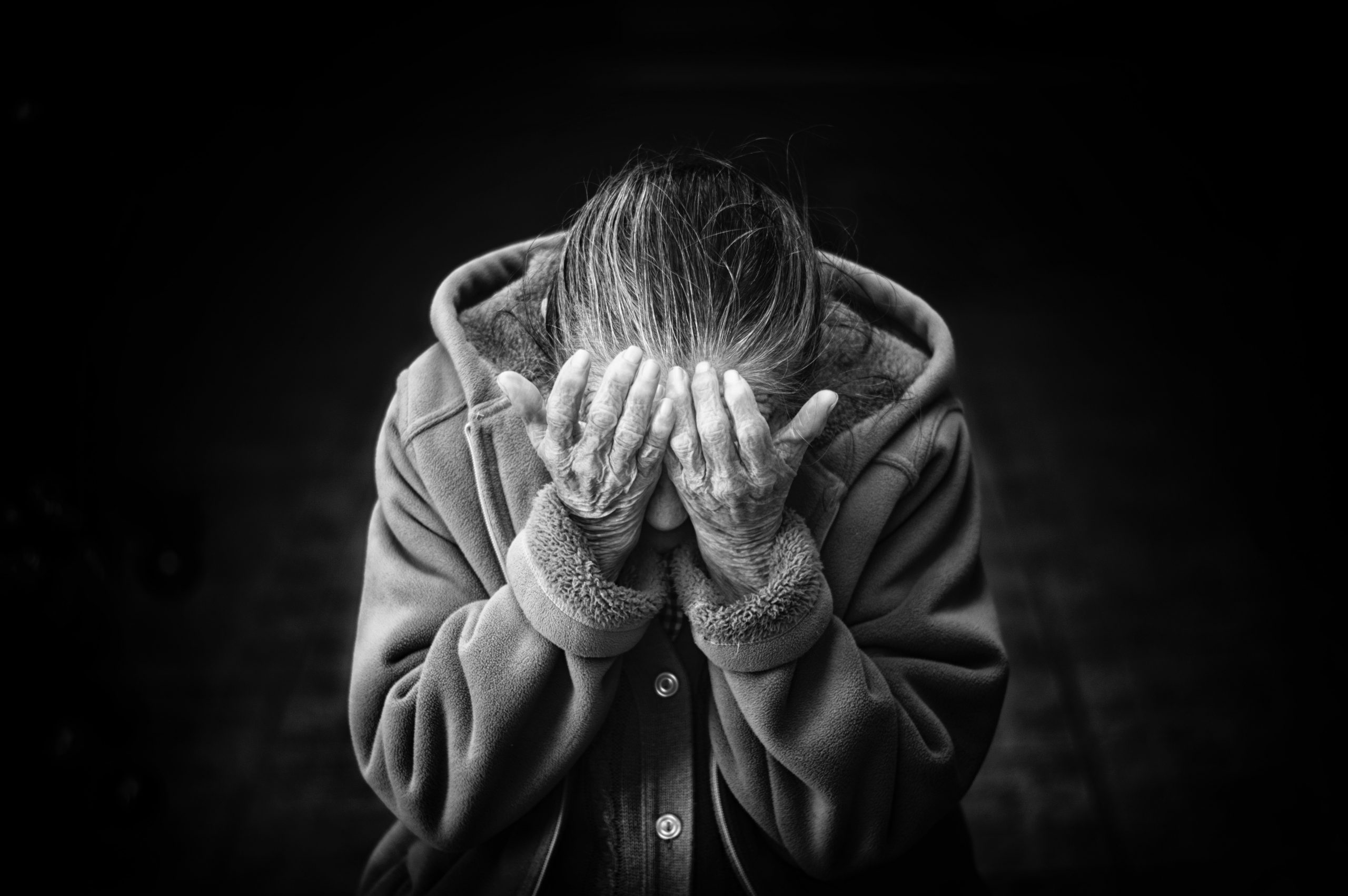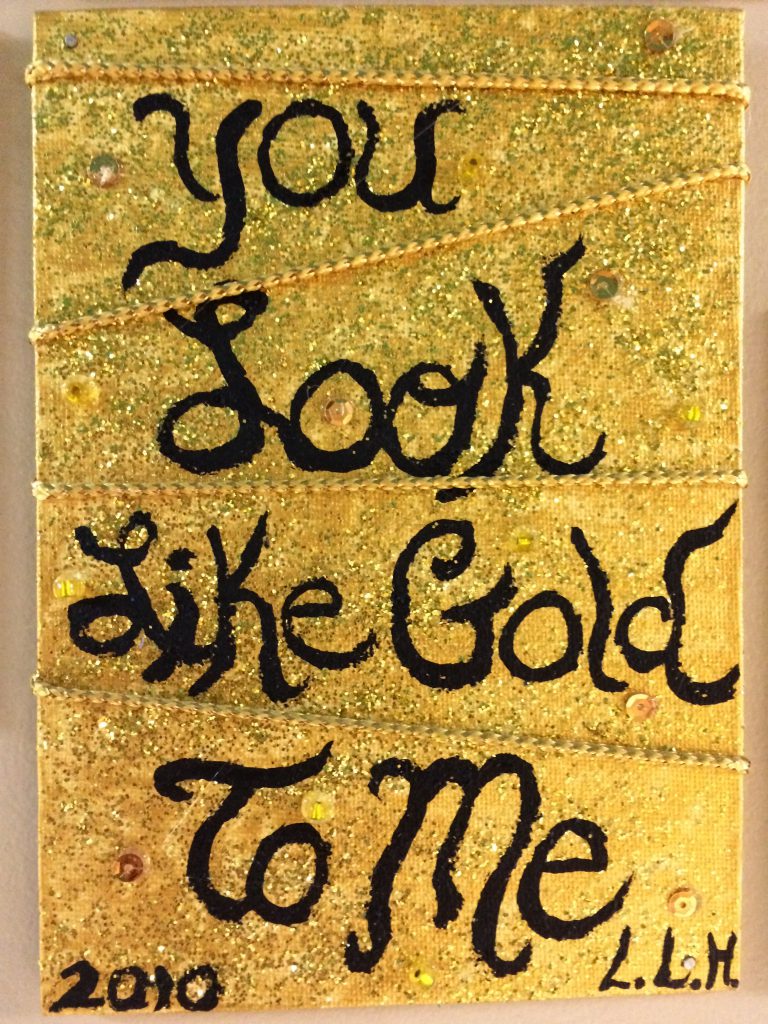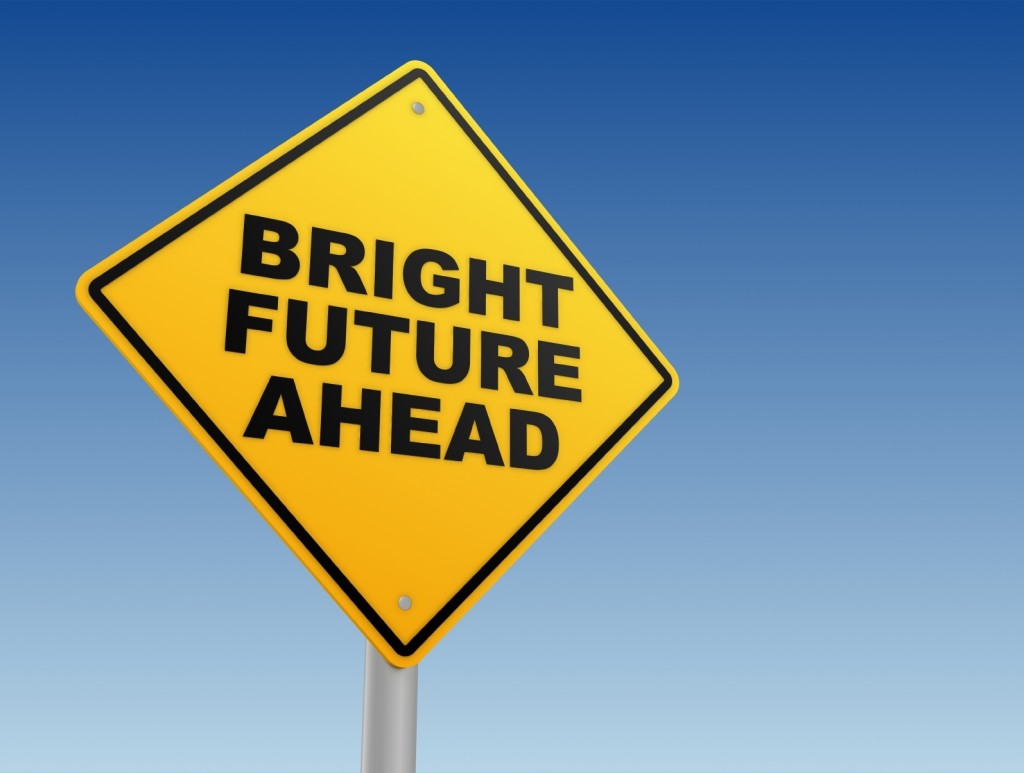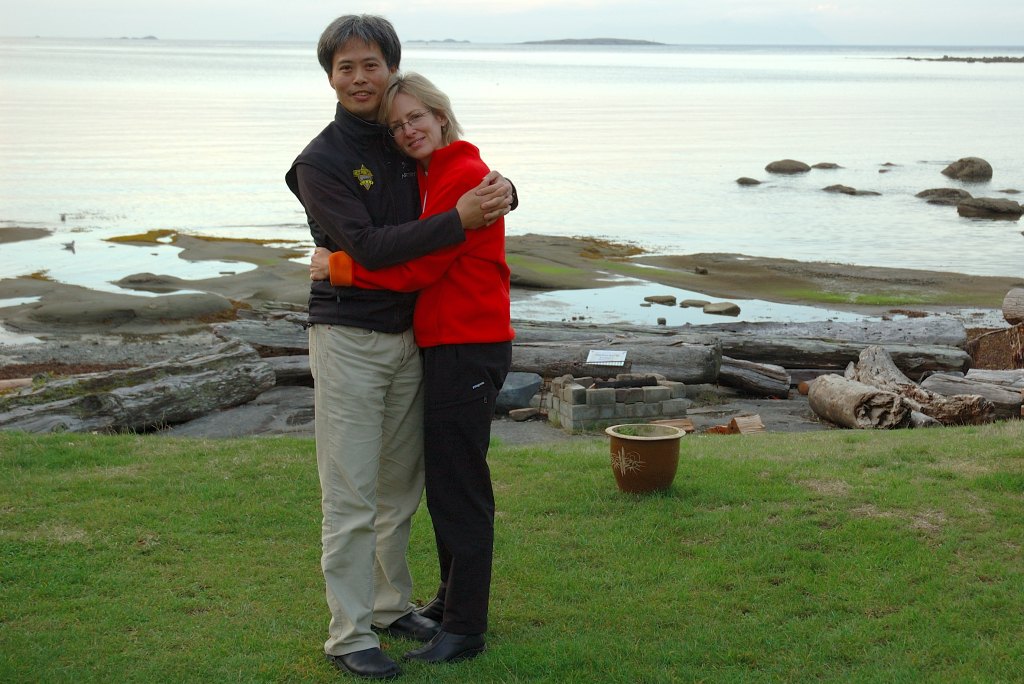What’s so bad about Shame?
Is Shame inherently ‘bad’? How do we experience Shame? How might we use Shame to grow and transform as human beings?
By Wayne Dodge, Haven Faculty member; co-creator and former leader of Self-Compassion and other skill-based programs at The Haven.
Many people have written passionately about Shame, Guilt, Embarrassment, Humiliation – and I still find these topics muddied as what is meant by each term varies from writer to writer – as well as the ‘value’ placed on each.
John Bradshaw (popular in the Self Help circles in the 1980s – author of Healing the Shame that Binds You) popularized the term of ‘Toxic Shame’ – the result of your family repeatedly shaming you. He was obviously not a ‘fan’ of Shame.
In her recent book, Why won’t you apologize? Healing big betrayals and everyday hurts, Harriet Lerner tackles this difficult discussion of guilt and shame.
Guilt for Lerner is “…what we feel when we behave in a way that violates our current values and beliefs – assuming, of course, that our conscience is in good working order.” (Pg. 63). She then goes on to discuss ‘Healthy Guilt’ – the feeling described above – and ‘Non-Productive Guilt’ – for which she uses the example of apologizing (“I’m sorry”) for no good reason at all.
She then describes shame as follows: “While guilt is about doing, shame is about being. Deep down we believe that another person couldn’t possibly love or respect us if he or she really knew the whole, pitiful, god-awful truth about us.” (Pg. 63).
While these are different uses of the words ‘guilt’ and ‘shame’ than at The Haven, she aligns well in suggesting that someone experiencing ‘shame’ is less open to an dialog with curiosity– and will, by nature, be more entrenched in a defensive posture.
I think that what she is trying to say is that when someone approaches me with a request for an apology (wishes to discuss an issue they have with my behaviour), if I am not grounded in myself, if my self is ‘in shame’, then I will not be willing to be open and will most likely retreat into my defense. And that for many, the best defense is an offence.
The topic of shame was also taken up recently by Patricia Rockman MD CCFP FCFP – an associate professor with the University of Toronto – in Mindful magazine (Vol 5 (4) Oct 2017 52-59) – from which I’ll quote extensively:
“If you haven’t recognized it yet, let me introduce you to shame, the most painful, cringe- inducing of human emotions. Guilt, humiliation, and embarrassment, close cousins of shame, are often confused with it, but they are not the same thing. When we make mistakes, feel remorse, and went to fix it, that’s guilt. When we feel put down and think it’s undeserved, that’s humiliation. When we feel foolish in front of others, that’s embarrassment.
But when shame hits, we feel naked, exposed, our shameful selves out on display for everyone to see. Instead of feeling regretful for having done something wrong, through shame’s warped lens we see ourselves as wrong, bad, even unworthy. Researcher and author Brené Brown explains in discussing the difference between shame and guilt: “Guilt is: I’m sorry, I made a mistake. Shame is: I’m sorry, I am a mistake.”
…Brain imaging research review increased activity in the frontal (concerned with identity) and temporal (clues us into other’s feelings) lobes and limbic system (the seat of emotion) when we experience shame. Other studies suggest that shame can trigger a systemic inflammatory response,”
…Social science indicates that shame’s primary adaptive function is to stop us from acting against social norms, making sure we behave appropriately so we don’t get ostracized or cast out. This is called social self-preservation, and it makes sense. Survival of the species is dependent upon community; we don’t survive long in isolation. Shame also serve the more personal purpose of helping us recognize when we’ve gone against our own values, and can provide the jolt we need to set us back on track. Indeed, the reactions associated with shame are so aversive that it’s a profound relief when they leave.
….Turning toward difficulty and accepting who we are, warts and all, are essential aspects of mindfulness. But it’s not simply turning toward difficulty in a benign way. When we are sick with shame we need to bring compassion to ourselves. And this may be the ultimate antidote to this most difficult of emotions. When we can view our shame with curiosity and kindness instead of self-blame, its power is lessened. Compassion, it turns out, is a key factor in disrupting rumination, the spiral of negative thoughts associated with recurrent depression. We can say that the same holds true for shame.
The truth is that the human experiences messy and rich; the static, joyful, sad, and yes, even shameful events have their place. And if shame is “the swampland of the soul”, as it’s been called, I would have to agree with Brené Brown, who encourage us to “walk in and find your way around”.”
I think that Brandshaw, Lerner, Rockman, and Brown are missing something crucial in their writings. They write as if Shame itself is something ‘bad’. I still remember being intrigued (if not dumb-founded) as Ben and Jock (our founders) talked about Shame as being a most valued feeling – as that had certainly not been my experience. Yet, they described Shame (often using the image of the ‘Lost Soul’ in the Michelangelo Last Judgement, looking through his fingers in horror) as the stark realization of the FULL range of who I actually am. This includes whole ranges of my being that I had denied. It is the moment in which I realize
that ‘I AM the sort of person who would…’ even though this crosses/contradicts my Ideal Self image.
The difference for me in valuing Shame is what I DO with that experience.
I have that wave of heat rising up through my body, with a sweat breaking out and a deep nausea in my core that are the bodily reactions to shame.
IF I try to shut it down, in order to do so, I can use tools such as Self-Blame/Victimization – usually when denial or outward projection aren’t working. I think that this is what others describe as Shame; this second step of trying to control the feeling by turning the energy inward against my-self. And this ‘Shame’ (or in my words – self-Shaming) is a form of self-hate.
IF however, I am willing to ‘sit’ in the heat – experience the Shame – and particularly if I have the courage to remain vulnerable (particularly being open with others), exploring the feeling – or as Brené Brown says, ‘walk in and find my way around’. This is a life-expanding moment. It’s scary as Hell, since previous certainties are no longer certain and it represents a moment of casting light on deep shadows in my being. This is the moment of potential growth and transformation.
So, let’s continue to honour Shame, while bringing our awareness and self-compassion to the processes of self-Shaming and other-Shaming (humiliation).







